US empire getting closer to the dustbin of history where it belongs
By Stephen Lendman
Throughout US history it's proved too many times to count or remember that the US, no matter who runs the country can never be trusted, just what it did to its native people over a couple of centuries going back to the 1700s, 1800s and the 1900s, even into the early 20th century. Every treaty, and there were hundreds of treaties the US had with its native people, every treaty was systematically breached. Whatever the US agreed to with its native people, it never fulfilled the promises and annihilated 98% of the Native American population over two or three centuries or so. This is the way the USA operates.
The agreements it’s made with other countries, bilateral and multilateral agreements, agreements related to the UN, or individual treaties or agreements with other countries, UN conventions and so on, all of these things, sooner or later, the US either breaches them or pulls out of them altogether. This is the way the US operates. It wants other nations to obey what it demands, but it does what it wants and simply ignores international agreements that are international law, because it's the only thing it claims, it's justified. It sets its own rules. It operates by its own rules, exclusively. Rule of law is immaterial to the US. So there’s simply no question, no debate about it.
US is not trustworthy
The US can never be trusted, for any reason on any issues because the UN agrees to something and observes it for a period of time, chances are overwhelming, sooner or later, it'll walk away, it will breach the agreement either in part or entirely. And this is the history of the US and its relations with other nations, with the UN. This is the other nation that is trustworthy.
If the US pulls out and manages to get the sanctions imposed on Iran related to the JCPOA, which I don't think will happen but who knows anything is possible, simply the agreement no longer exists. If the agreement no longer exists there is nothing for Iran to observe which it won't. Hopefully, this won't happen. But if it comes to that Iran will walk away. An agreement is not enforced if it's only observed by one party and nobody else. So Iran will walk away. It might walk away from the NPT. It would be its legitimate right to do that if the agreement no longer exists.
I hope that will not be the case. Certainly, the right languages come out of the EU, Britain, France, Germany, and Brussels. The EU foreign policy chief Joseph Borrell, he’s made positive comments by simply not accepting the Trump regime's demand for snapback sanctions on Iran or enforcing the arms embargo indefinitely. Europe is against this. It's against this rhetorically. Now it has to prove it in action.
The US is acting. It’s taking the first step to impose snapback sanctions, with a 30-day period for whatever the US does on this issue to take effect. That will be with a remedy to the road with Europe. Well, Europe simply says that the US imposes sanctions on Iran, it will not observe them. I'm certain Russia and China would not observe them.
Both countries will have normal relations with Iran. It’s up to the EU to have normal relations with Iran. If that happens, the US empire will be one step closer to the dustbin of history where it belongs. It's already grown very, very weak. It is growing weaker and if European countries abandon the US on an issue related to Iran that the US really, really wants them to observe it will be a major blow to the US Imperial project. And again, this is getting a little bit closer to the end of the empire entirely.
Stephen Lendman, born in 1934 in Boston, started writing on major world and national issues began in summer 2005. In early 2007, radio hosting followed. Lendman now hosts the Progressive Radio News Hour on the Progressive Radio Network three times weekly. Distinguished guests are featured. Listen live or archived. Major world and national issues are discussed. Lendman is a 2008 Project Censored winner and 2011 Mexican Journalists Club international journalism award recipient.
He recorded this article for Press TV website.

Biden set to lose re-election over his genocidal policy in Gaza: US journalist

Frightful Biden-Trump rematch planned for November: Analyst

US Empire controlling people's minds to maintain hegemony: Scholar
Araghchi holds talks with counterparts as more countries support indirect Iran-US talks
Palestinian prisoner dies in Israeli jail due to deliberate medical negligence
China ‘firmly’ opposes countries making trade agreements with US at its expense
Israel hell-bent on decimating Gaza’s health system: Hospital director
VIDEO | Demonstration called against military cargo ship arrival at Algeciras Port
Iranian Armed Forces achieve ‘most sophisticated’ defense technology: Military official
Israeli forces, settlers escalate West Bank raids, killings as more Palestinians displaced
US airstrike on Yemeni capital kills at least 12 civilians







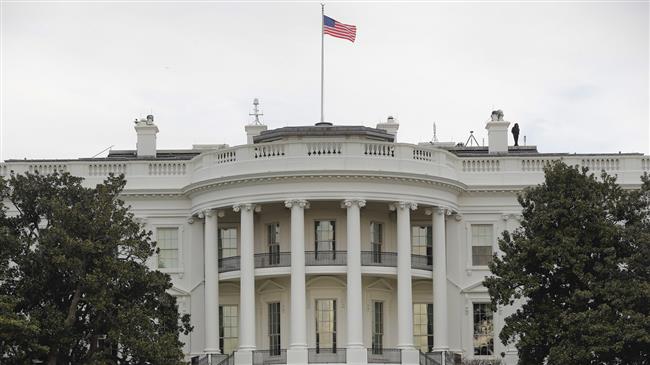
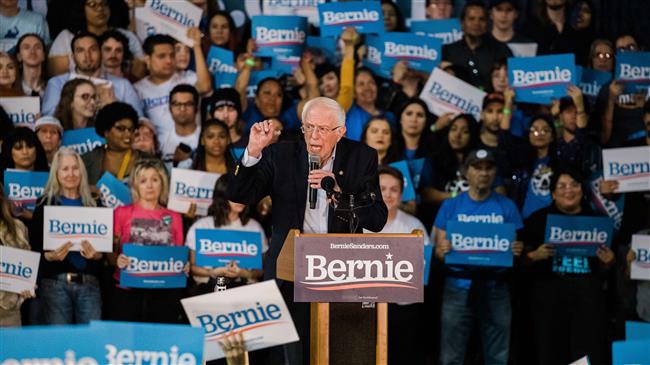
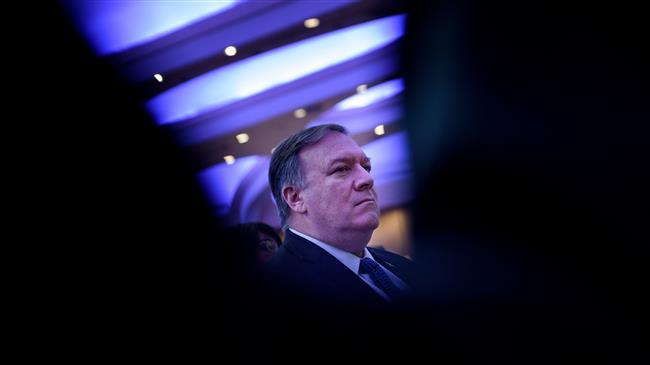
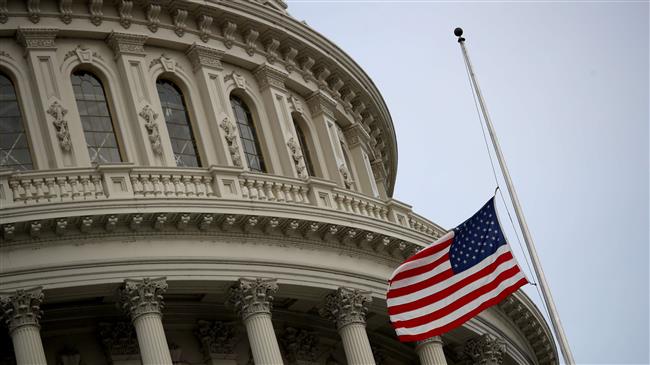

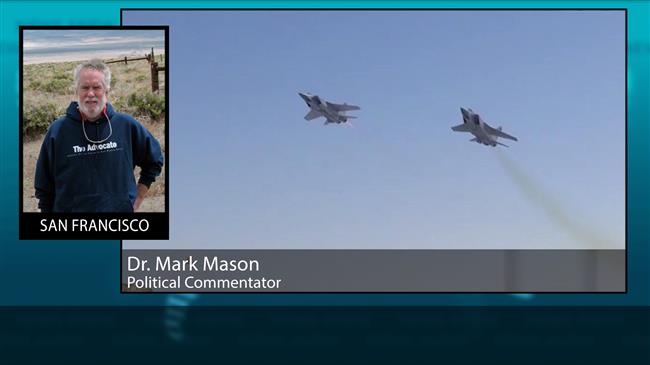
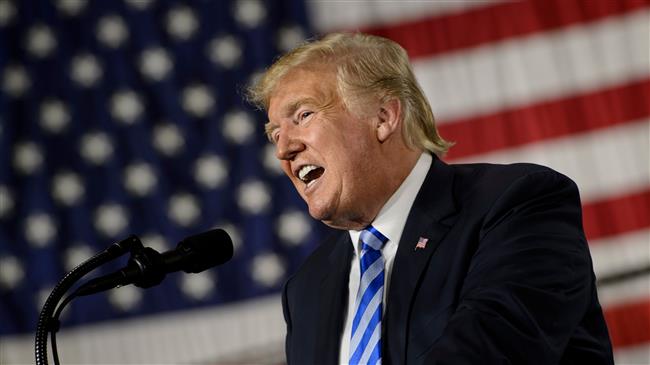

 This makes it easy to access the Press TV website
This makes it easy to access the Press TV website